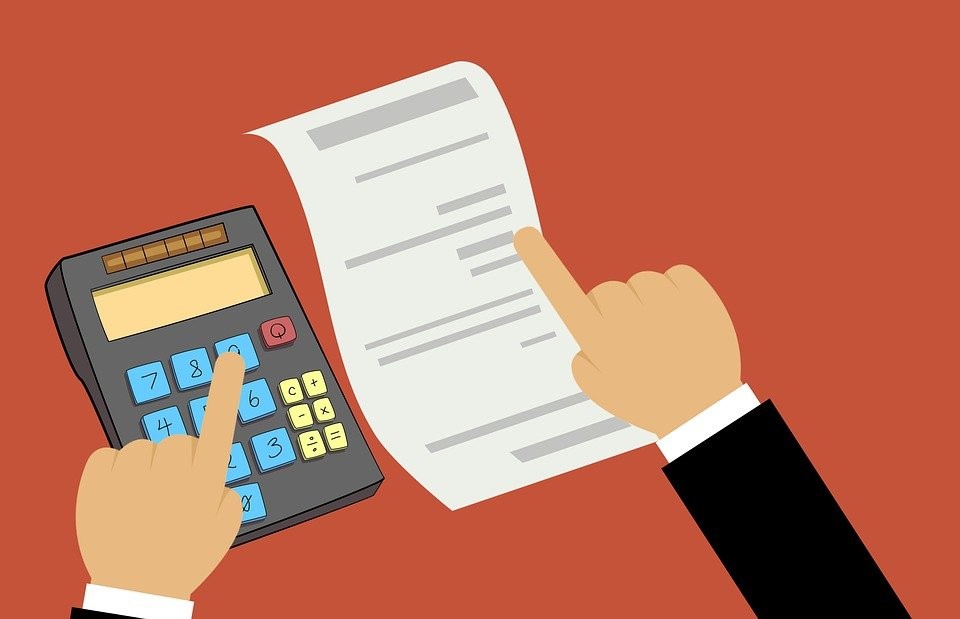Article at a glance:
- Why do energy bills increase during winter?
- How to cope with growing household expenses in winter and save for upcoming months?
It’s feeling like one of the coldest winters Australia has ever faced! In winter, temperatures drop to as low as 0°C in Australian cities. In July, Australia experienced the coldest period of the year. The winter season brings along some comforting moments with the snowfall hitting Australian ski mountains. This gives people the unique Australian opportunity for thrilling outdoor sports like snow skiing.
Once the winter night hits, people tend to stay indoors, with outdoor activities proving to be a little more challenging, as it is cold and typically raining across parts of the country. With the harsher, wetter, cooler climate, Australians tend to spend this period at home – cooking with the family or watching TV on the warmth of your couch.
To keep yourself warm during winter, Australians tend to turn to their heaters and electric blankets. Depending on your location and work commitments, your heating could work almost all day and night. When your heating systems are functioning for longer hours, the energy consumption in your household will rise with it. This is not the only energy consumption that grows during the winter season. With cooler climates, you’re likely to use warmer water at home for showers, general washing, cooking and beverages. Therefore, with this, there is a natural rise in the demand for hot water throughout the winter months.
All these household activities mount to increased electricity consumption, which, in turn, puts a hefty increase on your energy bills. Compared to the rest of the year, energy bills are higher across Aussie households in June, July, and August. With increased electricity bills, people spend excess money in winter compared to other months of the year. Most families in Australia have a fixed monthly budget for household expenses like electricity bills, gas bills, groceries, house mortgage, cell phone bills and more. Therefore, the increase in electricity bills during winter also increases the overall monthly budget of your typical Australian family throughout the winter season.
When you are spending excess money on household expenses during the winter months, you may find you are already behind on your household budget for the next upcoming few months. As a result of the rising costs in winter, this may dig into your savings or put a strain on your budgeting. When the winter season ends, Australia then experiences rainfall in certain regions across the country during Spring. When these rainy days hit, will you have enough put away for these rainy days after a financially straining winter period? These seasonal rainy days won’t be a problem if you have managed the rising costs of your winter energy bills well. But, if you have found yourself falling behind on your finances, you might need to find a solution to assist in your upcoming monthly expenses.
Suppose you’re one of the many Australian’s around the country who have felt the financial strain of rising electricity bills this winter, and you’re unsure whether you’ll be able to fund the upcoming few months bills and expenses post-winter. In that case, you may want to consider financial support. At Spondooli, you can apply for fast, short-term loans to help you get back on track as we return from the cool depths of winter. You can take short-term loans up to $5000 or less based on your credit limit and paychecks. This will help you to cover your living expenses in times of cash shortages, assisting you with your household utility bills and anything in between that your household and lifestyle requirements.

